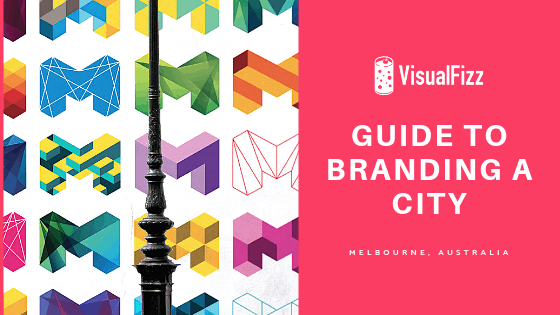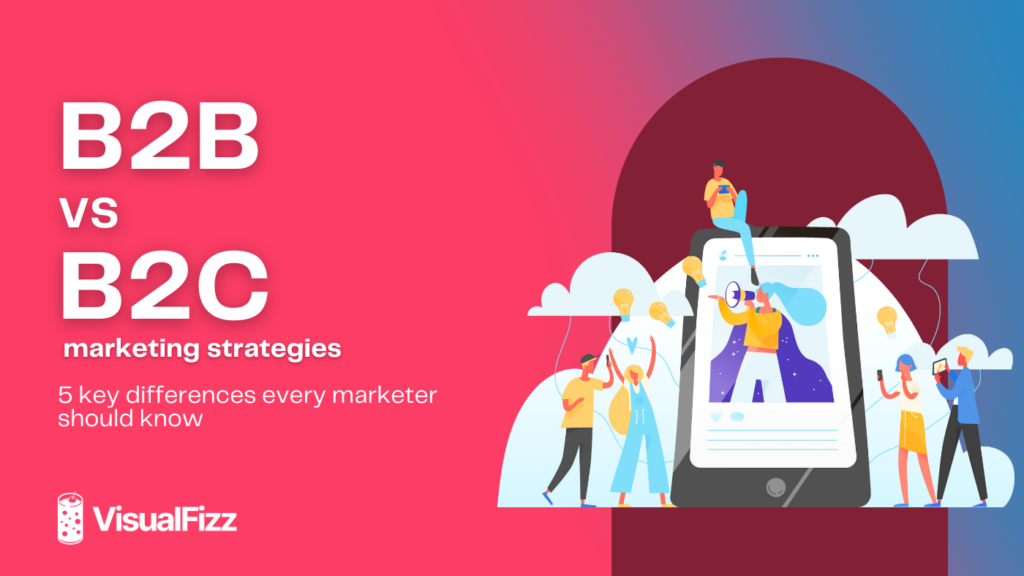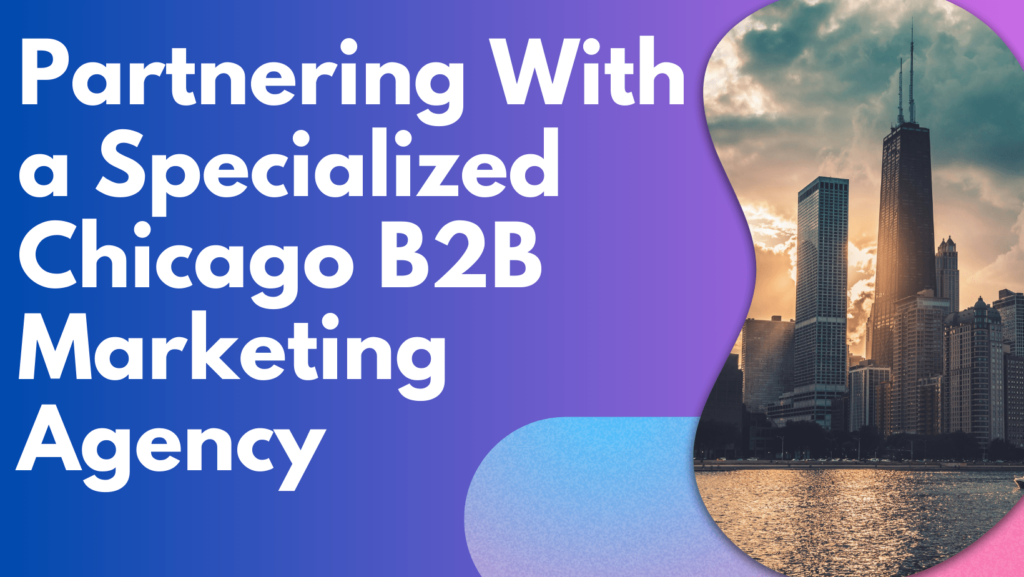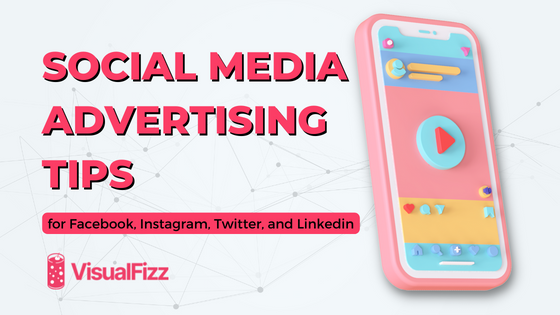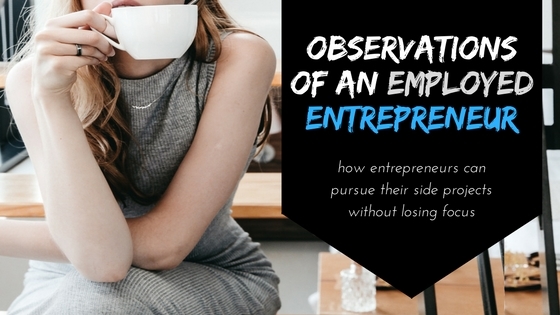
Observations of an Employed Entrepreneur – Pursuing Your Passions without Losing Focus
![]()
Hey There, it’s Marissa over at VisualFizz. Before I co-founded VisualFizz, I was just your plain ol’ regular digital marketer with a steady employment career. Well, ‘steady’ is a bit of a stretch. I was employed by 3 agencies on 4 occasions (no, your math isn’t wrong, I actually went back to my first agency years later), and had a few in-house marketing positions as well. I discovered the beautiful world of freelancing and becoming an entrepreneur when I was struggling to pay my rent after moving to the city; my coworker actually said to me “oh yeah, everyone freelances. We all do.” and the rest was history. I usually had one client in addition to my 9-5 hustle, but it was never really my main focus because I didn’t have much time to spare towards things outside of my current gig.
I had the nightmare marketing gigs, too. The ones they make the Buzzfeed gifs about. I’ve cried under my desk on Black Friday over URL tracking codes, I’ve left the office at 11 pm three days in a row, I’ve had breakdowns about not having reception on my phone so I could respond to emails. At my last in-house company one winter, I got terribly sick. I had a fever and planned to go to the walk-in clinic. I emailed my boss to let her know that I was sick, and much to my surprise (not), I received an email passive-aggressively scolding me for not coming and demanding that I immediately log my use of one of the 12 vacation days that I got per year. Couple that with constant anxiety from a manager from hell and a low-paying wage and you’ve got yourself a recipe for stomach ulcers and a quick burnout.
After I just about couldn’t take it anymore, I decided to take the leap into freelancing full-time. It’s was liberating to realize that I didn’t care if I was broke or too busy – I wanted more than the desk job and the boss anxiety. I wanted more than spending 90 minutes of my life just trying to get to where I was going. I was done crushing it in meetings and impressing clients for someone else’s recognition rather than my own. I often thought to myself “I could do this better” or “I would have pitched it differently”. I wanted more, for me, and I wanted to do it my way. Thus, an entrepreneur was born.
Being a freelance-preneur is an interesting perspective. I considered myself ‘just’ a freelancer that only whipped the Entrepreneur title out when I wanted to sound impressive. But looking back, I really did operate more as a small business owner than I did as a contractor – I managed my clients well, had systems in place, offered full marketing services rather than just the one skillset, kept finances and expenses, hired subcontractors, the works. I was always looking for new opportunities and ways to expand my career in multiple directions. It’s not all easy peasy though. Life happens, and things like health insurance and a 401K are pretty important. In the place I was in my life at the moment, full-time employment was the quickest way to kill all of life’s birds with one stone. I was luckily able to find a company that allowed me to work remotely most of the time, with a few days spent in the office here and there. It was lower paying than I would have previously accepted, but I treated it more like a 40-hour a week client than I did my sole employment.
As with any opportunity, I was excited to start this new venture. I went into the experience with a plan to observe how a real mid-sized agency was run, and learn all that I could about the internal workings of how the company worked. It was an interesting shift in my thinking and perspective – this was more of a work-study position in an entrepreneur training program than it was a 9-5 gig.
This viewpoint was extremely eye-opening for me. I was able to observe company culture being cultivated (alliteration, ftw) from the top down. I was able to see the roadblocks that caused strain on client relationships from a thousand foot view. I was able to recognize thetypes of people that caused types of events to occur – be it office gossip to delayed progress to saving the day in the client’s eyes.
Learning What To Avoid When Running Teams
The CEO at the company, we’ll call him John, had several side ventures and side projects going at any given time. It was inspiring to see one person doing so many things and making so many meaningful connections at once. I was able to watch a business owner take calculated risks first hand without taking any risks of my own.
One of the most valuable lessons I learned towards to the end of my experience came from observing John. He worked with several companies and nonprofits and always had that entrepreneur spark in his eye when talking about his ‘side gigs’. However, I began to notice the same spark dwindle when the subject would shift to the main business that employed me. I started to sense that the agency was more of a chore that he preferred to be run by other people to him. Standards fell, client work lessened, and the half decent company culture gave way to that toxic, cynical, and cutthroat feel that comes around when people don’t feel secure in their employment. Keep in mind all businesses have a natural ebb and flow, and again my unique involvement with the company allowed me to see past the immediate worry about my own skin and focus on what was happening objectively.
It was easy to see why John lost interest – things at the agency moved more slowly, contracts took longer to pull through, not a ton of ‘exciting’ things happened (unless you’re like me and you think there are some pretty exciting data pivot tables out there amirite?), there wasn’t as much cash flow involved. It was…kind of boring.
From an employee’s perspective, the CEO allowed a less-than-stellar company culture to breed starting with the managers and seeping into the rest of the staff. When complaints occurred, it was easier to say “sure, whatever the managers think” than it was to turn focus away from his passion project. His attention was elsewhere, but if the conversation ever turned from the company to his side project, his eyes would light up and the excitement would be back.
Summary of Key Observations and Summary of Lessons Learned
- The Importance of Focus: As observed, “John’s” juggling multiple ventures diluted his focus, and thus the succes, of the main business. This lack of attention led to a decline in standards, client engagement, and company culture. The lesson here is clear:
- maintain focus on your primary business is crucial for its success and sustainability.
- Employee Allocation and Work-Life Balance: The example entrepreneur’s practice of involving full-time employees in his side projects disrupted their work-life balance and stifled creative thinking. Instead:
- leverage separate resources between primary business operations and passion projects to prevent employee burnout and foster innovation.
- Continuous Improvement: The stagnation at John’s company highlighted the necessity of promoting an environment of ongoing development and improvement. This involves challenging the team, exploring new ideas, and ensuring that the company culture encourages growth and feedback. Leaders should:
- aim for continuous improvement to processes and Standard Operating Procedures.
Don’t Lose Focus When Building Something Successful
Entrepreneurs think fast. We like to push limits, we like to leap first, look second, trusting that no matter what happens we will either be successful or learn something. We are always assessing risk versus payoff, opportunity versus switching cost, finding the most profitable ways to spend our time. From my perspective, it didn’t make sense to build up something successful just to choke it out with other side projects. It didn’t seem like good business sense to risk the wellbeing of the company in the name of a side venture that was just as likely to fail as it was to succeed.
I learned first hand what happens when 80% of the business gets 20% of the attention it deserves, I saw what happens when the people operating the ship’s only focus is keeping their heads above water.
Don’t lose focus of your main priority in the pursuit of a passion project that may or may not work out the way you hope.
Don’t Use Your Current Full-Time Employees To Support Your Passion Projects
John asked many of his full-time employees to dedicate some of their time to his passion project. This not only put a strain on the employees’ work life balance, but it also eliminated valuable “free thinking” time that allows a team to come up with new ideas and explore new tools and strategies. I’m a big believer in this crazy concept of giving your employees a little time to breathe instead of forcing a 50-60 hour a week churn because I know the value of the idea-stimulating, creative mindset that comes along with it. When you give your team a bit of free space specifically meant for self-improvement, the work you receive in return is just better.
Additionally, as the team sensed the loss of focus from the top, their understanding of their priorities began to blur also. It’s not a fun feeling to be unsure of what you’re supposed to be doing but blazing on anyway because you didn’t want to be seen as less valuable for your lack of understanding of your responsibilities.
If you need to hire for your passion projects, hire separate contractors or employees rather than stretching your current team as far as you can.
Always Be Improving
The team at John’s company often felt stagnant, like they were just getting by week to week rather than continuously building up their professional development. Everything just sort of felt like it was coasting along, and it was better to not rock the ship than it was to give honest feedback. When complaints came up about management, which they often did, no further action was taken past the first step. The team was never really challenged, they never really tried anything new.
What I gleaned from this was: create an environment that supports and sees value in ongoing improvement. Put effort into constantly improving your team and your company culture. Don’t let ‘good enough to get by’ be the standard for your business.
As an entrepreneur myself, I can easily visualize myself in the same situation of putting all of my focus into a passion project. Of course, every business owner is free to put their focus wherever they see fit, and these observations are from a one-sided perspective focused on profitability and sustainability of the existing company. I feel as though my unique perspective as both an employee and entrepreneur allowed me to have a very objective viewpoint at the inner workings of a mid-sized agency, and learn valuable lessons that I can apply to continuously be improving my own company.
Reflecting on my path, it’s clear that entrepreneurship is a mindset, a way of navigating the world with curiosity, resilience, and a relentless pursuit of growth. This experience, straddling the worlds of freelancing and full-time employment, offered a profound lesson in the dynamics of business, the importance of focus, and the value of continuous learning and improvement.
Publishing Date:


